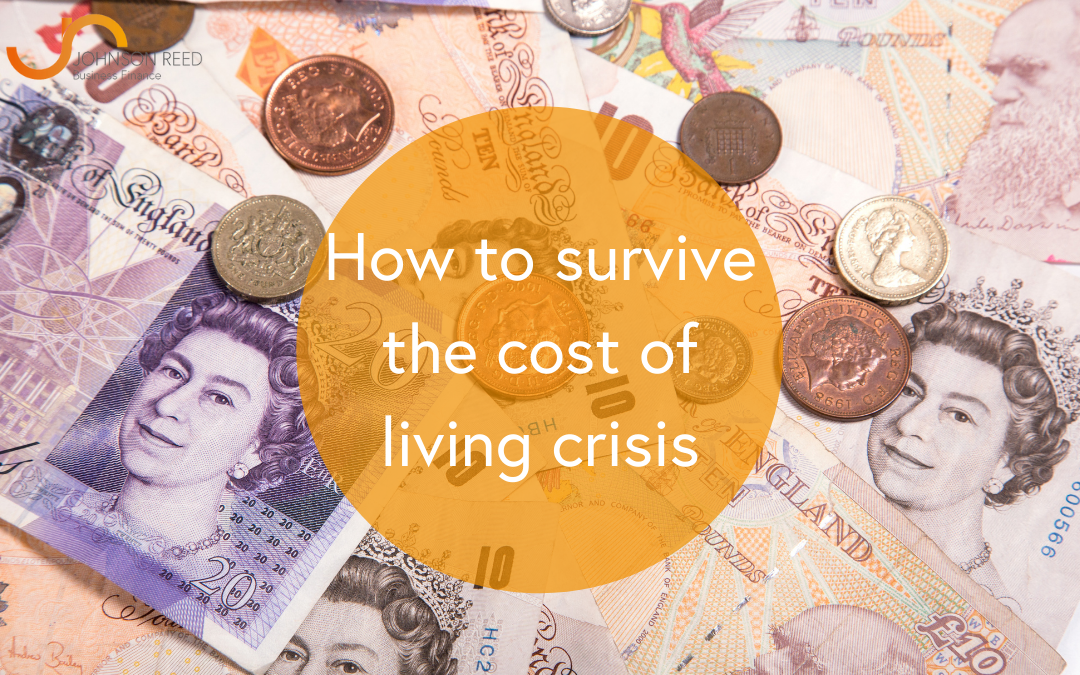As much as we try not to think about it, rising prices in the UK is something that cannot be ignored, and is seriously impacting peoples lives. If you are reading this, it is likely that the increased costs are impacting you in some way, but there are things you can do and services you can utilise during these tough times to help you survive the cost of living crisis.
First, let’s rewind a little and give a brief recap on what is actually going on.
What happened on April 1st?
Unfortunately, what happened this year on April Fool’s Day was no joke. Changes came in overnight that put incredible pressure on households.
- Council tax rose 3.5%
- Water bills rose 1.7%
- Freezing of income tax thresholds, meaning a cut on take-home earnings for the majority of people
- National insurance increase of 10%
- Ofgem increasing the energy price cap by 54 per cent, meaning for those who pay by direct debit felt an annual increase of around £700
- VAT also rose for businesses, where the burden will then be passed on to consumers in the form of higher prices
These changes start to build a picture of how the “cost of living crisis” started. Basically, people are being given less money to pay for higher priced things, and not just luxury goods, basic human necessities such as water and home energy.
What does this actually mean?
What we are starting to see is that the cost of living, things such as food, transport and energy, is rising faster than incomes. The main issue is that this isn’t just in one particular sector, it is price increases pretty much across the board.
Multiple disruptions in the economy have also caused a spike in the UK inflation rate, being prompted by:
- Shortages of goods due to supply chain disruptions
- Ending of government support offered during the pandemic such as reduced VAT rates
- A mixture of Brexit restrictions and the Covid-19 pandemic, causing staff shortages
- Ukraine conflict causing uncertainty of supply, along with increased demand for oil and gas has pushed prices up due to higher costs.
What are some ways I can be supported through this?
Spring statement
There are services being provided, provided by the Government, to help vulnerable people and families included in the Spring statement including:
- Extending the household support fund to help vulnerable families
- Raising the national insurance threshold to the same rate as income tax
- Fuel duty cut by 5p to the pound
- Reducing the basic rate of income tax by 1p to the pound in 2024
Other options available
Energy and water
In terms of energy and water bills, there are different resources available. For water bills specifically, suppliers will tend to have schemes available that will help their customers pay bills, so this is something you could contact them about. Energy bills on the other hand are a little trickier in terms of finding help. One method is the use of an energy consultant, two we recommend taking a look at are Consultus International and Advantage Utilities. Essentially, an energy consultant will advise you on how to use your energy supplies more efficiently and cut unnecessary costs by implementing updated energy systems and researching current energy trends.
Rent and council tax
When needing help with rent, Universal credit is a scheme that you may benefit from. You can find more information and apply on the Government website here. In regards to help with council tax, again applying through the government website to see if you are eligible for help with reductions in council tax is a route you can potentially go down.
VAT
For businesses struggling with the increases in VAT, we are able to help! We offer support to businesses by offering VAT tax loans, with more information being available here.
Food prices
The way to get help here is through your local council. Most councils will be available to help with food essentials for those struggling. Alternatively, local food banks may be able to assist you with food. A food bank locator can be found here to find your local bank


